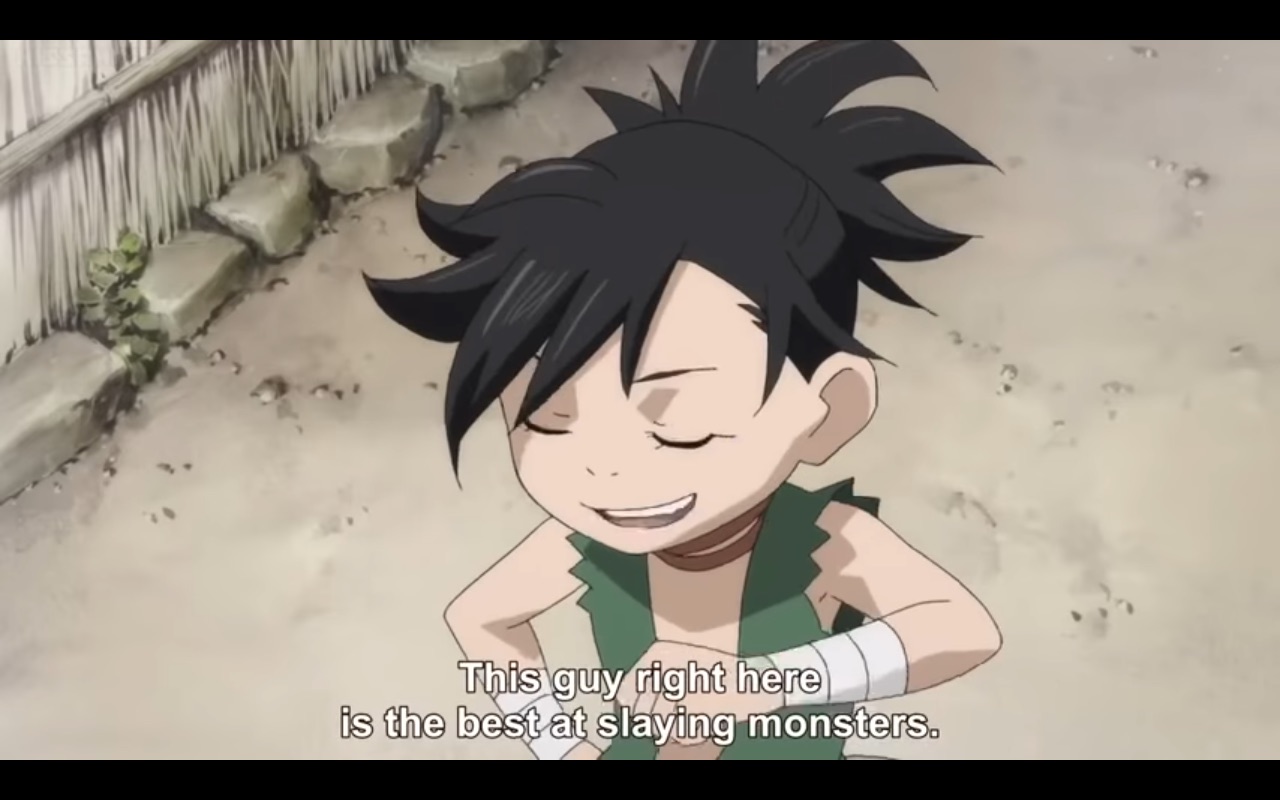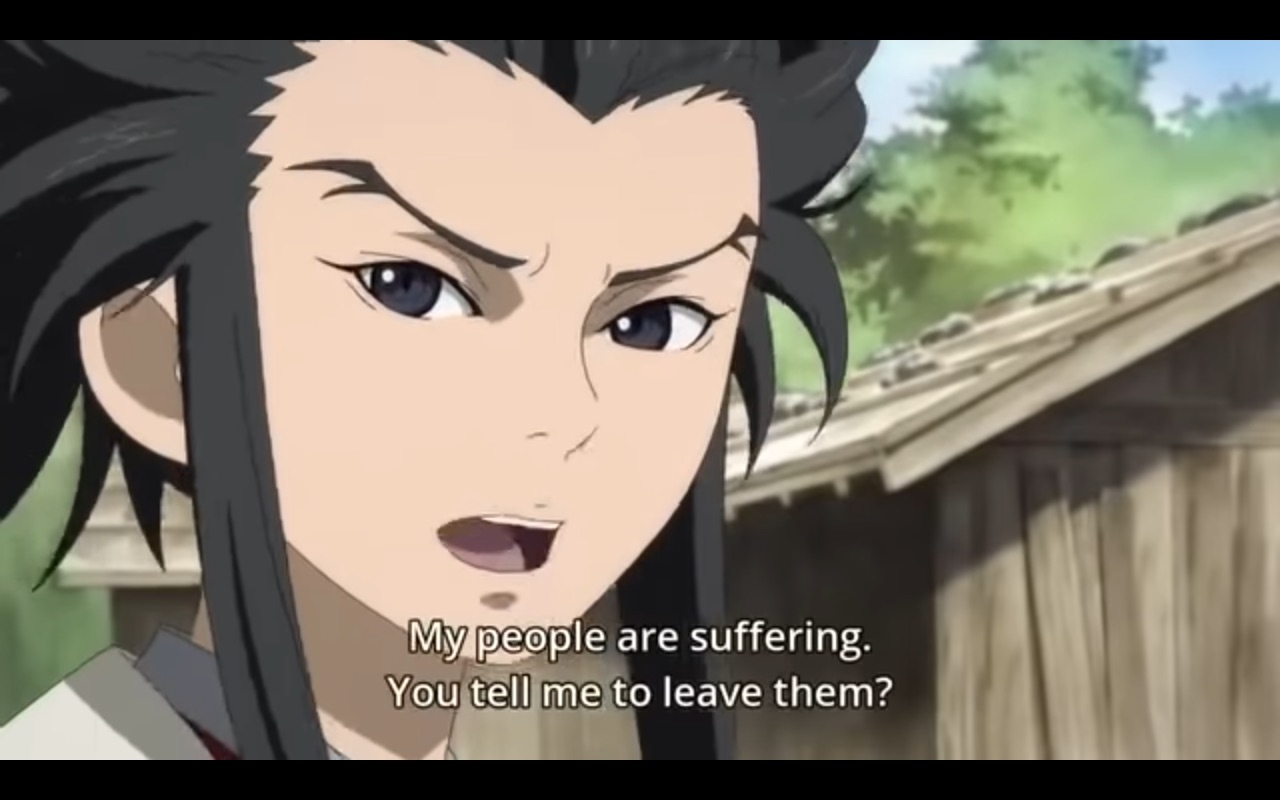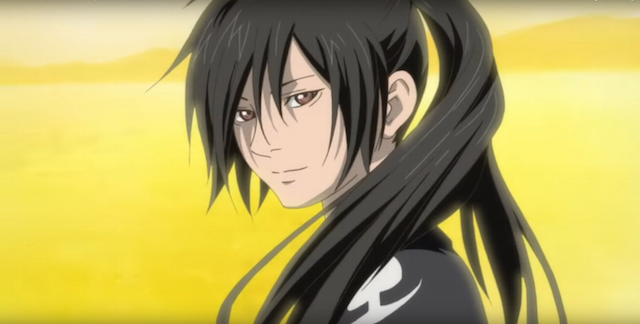Surely most have heard of Dororo by now. If you haven’t, check it out because you’re missing a lot. Based off of the original manga series of the same name back in 1967, there has been an anime series, video game, movie, and of course, a manga so far. Many other adaptations have been released by other artists and publishers, but those don’t compare to what the newest version has to offer.

Like many adaptations, changes were made to suit whatever medium they were adapted to. But the 2019 one has arguably made the most changes – some for the best, some for the worst. This is an analysis, so potential spoilers lie ahead.


While the general narrative remains the same, it’s clear that the screenwriters took care in developing the storyline and character development. Dororo went from a reckless thief to a child who had to use resources and adults in order to survive by using strategic means. Hyakkimaru, being disadvantaged due to his lack of anatomy, went from a regular boy who was no different from other characters, to what many refer to as an “Anime Helen Keller”.
The best changes to the plot are how situations are handled. In episode 2, a monster terrorizes a village and so they hire (more so Dororo nominates) Hyakkimaru to take care of it. The “monster” is actually the dead soul of a traveler who the real monster (the chief of the village) ate. Overwhelmed with guilt, the villagers wanted it to disappear so they could continue to reap the benefits of the real monster’s actions.

I want Dororo to be my spokesperson
Characters such as Tahoumaru have been modified to become more sympathetic, creating a gray morality narrative more than anything. His motive to care for his people is his main ambition, and his betrayal to his older brother is given an explanation. Hyakkimaru’s attraction for Mio became more explicit in the way that the writers made use of his ability to see souls, to portray Mio’s purity. Also adding extra characters like Mutsu and Hyogo for further character development allowed for a more engaging approach to the series.

There was also the question of what makes one human. Hyakkimaru longed for the ability to feel and see with his own senses, but others suffered in the process. This begs the question, “would you sacrifice one in order to save the lives of many?”. One would believe that his spiral down into madness would be an irredeemable quality – one would think wrong. What makes Hyakkimaru such a lovable character is the fact that he’s so flawed and is put into a situation that would make many think. What would you do? Would you accept yourself as a sacrifice? Or get back what was wrongly taken from you?

In the end, Hyakkimaru himself learns to forgive. There’s a strong message that in order to defeat one’s inner demons, you must learn to accept both your own mistakes and the mistakes of others. To me, that was a satisfying conclusion to an epic series.
